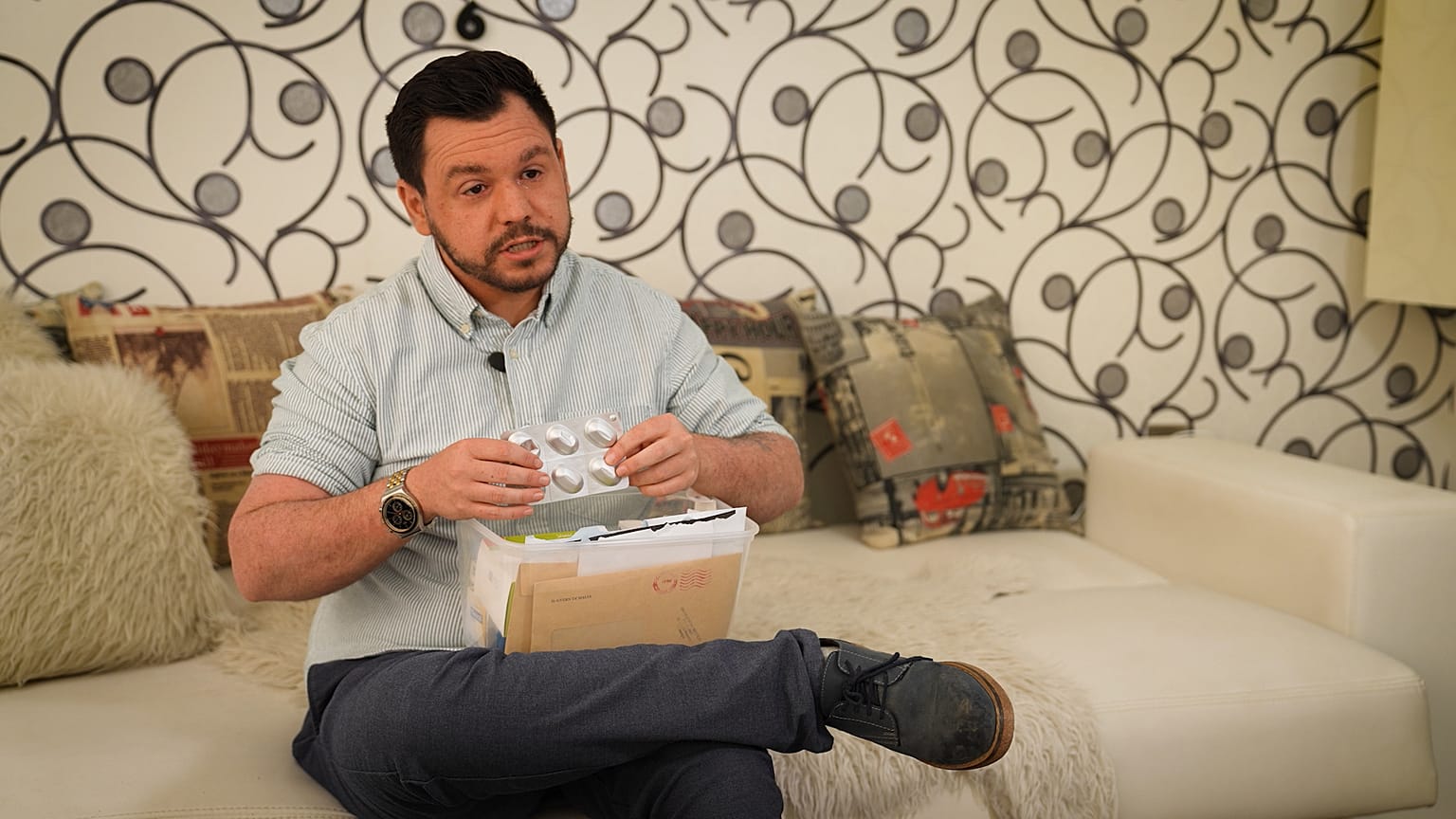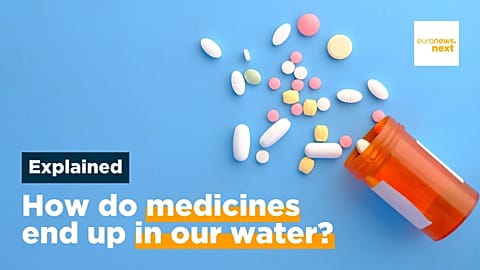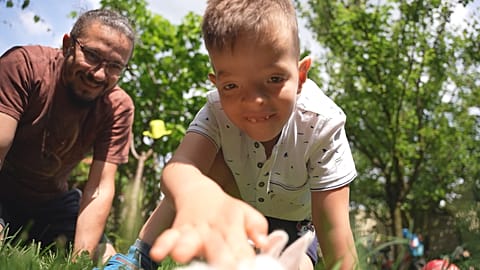Pharmaceutical manufacturers have historically focused their activity on large, high-value markets, leaving those in smaller countries struggling to find the latest medicines. New EU legislation is designed to correct that imbalance.
Medical advances can bring life-changing improvements, especially for those suffering from long term conditions. Every year, new treatments are found that work better or have fewer side effects.
 ADVERTISEMENT
ADVERTISEMENT
 ADVERTISEMENT
ADVERTISEMENT
But not everyone gets to benefit from these changes. Often the priority for distribution is large high-value markets, at the expense of those living in smaller population areas.
Waiting for new treatments in Malta
Wayne Zammit lives in Malta. When he was a boy, he had a dream.
"I grew up loving cars," he says. "One of the things I always wanted was to work in something I love. But unfortunately, due to my skin condition, to my eczema, due to the dust, and the things that you do are all very messy, and it is very easy to get infections, and things like this. That is something that I had to give up on very quickly."
Wayne was diagnosed with severe eczema when he was 4. Problems soon piled up.
"When I went to do my first passport, at that point, I was quite young," he says. "In my photo, my lips were completely broken. So I was like a mini-joker, to a certain extent. And I had a lot of flare-ups around my eyes. Even a cracked eyelid. And my ears would be very puffy and red. And they obviously would not want to take a photo due to identification reasons; and even for me. This is a disease that affects the skin, it is our biggest organ. I've had days when I could not move my neck around. I´ve had days when for me to get off a chair, I would want to cry. I have days when my clothes are stuck to my skin, due to open wounds"
A cocktail of medicines now keeps the disease at bay. But periodically they cause side effects like nausea and high blood pressure. When Wayne stops them, his body flares up again.
Yet the injectable prescription medication that doctors think would be the most efficient for him, is not available in Malta.
"I want to know why I have to wait so long for something that I need so badly," says Wayne.
Approved medicines unavailable
The treatment that might help Wayne has already been approved by Malta's regulators and is eligible for free administration to patients. Yet it is nowhere to be found in the country's pharmacies, unlike in those of other European Union members.
The consequences are dire for Wayne and other severe eczema patients, says his dermatologist Michael Boffa.
"The fact that these drugs are not available, means that patients will have to be treated with other drugs, which are less effective and perhaps have risks of important side effects which could be avoided by using better drugs," says Michael Boffa, who is Chairman of the Department of Dermatology at Mater Dei Hospital and President of the Malta Eczema Society. "Patients should certainly not be discriminated against because of the disease they are unlucky enough to have."
A problem of size
Red tape, Brexit, Covid, the crisis on global supplies and the war in Ukraine help explain the situation. But Malta also has a structural problem: its tiny size.
As the EU smallest member state, the country seems less attractive to pharmaceutical developers.
A warehouse houses all the medicines used by Malta Social Security. It looks packed, but statistically, Malta lags behind other member states when it comes to full public availability of approved medicines. Of the 160 medicines approved by the EU between 2017 and 2020, just 11 were available in Malta compared to 147 in Germany, according to the EFPIA Patients W.A.I.T Indicator 2021 Survey. The figures were updated July 2022, but as Malta did not complete its full dataset, they are only a guideline indicator.
The man in charge of Malta's Medicine Supply Unit says they're working full on to find solutions.
"If there are high numbers, the industry registers a product, and we have no problem," says Karl Farrugia, who is CEO at the Central Procurement And Supplies Unit. "But when there are few patients, and Malta obviously is a small country, so you get these treatments where few patients need them, then the government comes in: for registration, we do the translation, we do the serialization."
EU to provide incentives
To further help small countries like Malta, the European Commission's Reform of the EU Pharmaceutical legislation has proposed to reward developers who launch a medicine in all member states within two years of authorisation. According to the EC, this alone would increase access by 15%.
Further proposals like the simplification of authorisation procedures or the introduction of multi-country packaging have been welcomed by the pharmaceutical industry in Malta.
"The pharma industry in its best of efforts needs to try and make the products a bit more affordable for the smaller countries," says Mark Mallia, the Pharmaceutical Industry Representative in Malta. "And we need to see stocks, depots of drugs available for the small countries. And a multilingual pack could possibly help that, because you've got a depot that would serve 6 or 7 or 8 countries when needed".
Wayne hopes all actors will soon be working together to help him.
"I do believe we'll get there," he says. "Especially if what is necessary is done and if people help each other out".

















